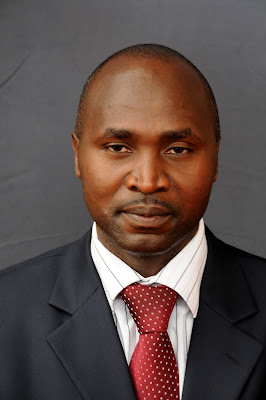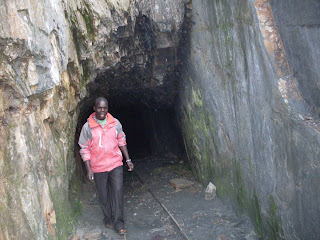Committee chair calls for oil revenue civil society oversight body
By Stephen Nuwagira in Accra, Ghana
Uganda should constitute a committee of eminent Ugandans to monitor how oil money will be used when production starts.
Citing Ghana, MP Theodore Ssekikubo said the committee would work as a third oversight layer to ensure that oil cash is spent according to plan and guard against misuse by the Government.
Ssekikubo was addressing the Summer School on governance of oil, gas and mining revenues at the Ghana Institute of Management and Public Administration in Accra, Ghana over the weekend.
 |
| Hon Ssekikubo |
The Ghanaian oil law provides for an independent committee of eminent citizens, the Public Interest Accountability Committee (PIAC), which works as an oversight body over the way oil revenue is used by the government.
Ssekikubo challenged civil society organisations in Uganda to fight for the interests of citizens as the country readies for commercial oil production.
"Civil society groups have to 'man up' and fight for citizens, most especially, those who will be directly affected by the oil and gas activities in the Albertine Graben," he noted.
He vowed to lobby fellow MPs to ensure that Uganda constitutes an oversight body like Ghana's PIAC, saying the Government cannot be trusted with huge sum of money "because it is full of corrupt individuals."
Ssekikubo who is also the chairman of the Parliamentary Forum on Oil and Gas committee, said it was unfortunate that Uganda was signing oil deals before enacting the requisite policy and laws first.
Ssekikubo and with the vice-chairman, Hon. Michael Mawanda, were on a study visit in Ghana to see how Uganda can learn from Ghana's successes and mistakes and ensure that Uganda does not make similar mistakes while making its oil, gas and mining laws and policies.
There are two oil and gas Bills before Parliament that will soon be discussed and approve the House.
In May, the Government signed a Production Sharing Agreement with Tullow Oil, allowing the farm-down process to take place. Tullow later sold a 66.6% stake to CNOOC and Total, 33.3% a piece, as the country enters into the production stage.
The Government's act was against Parliament's recommendation of staying any further signing of oil deals until all the necessary laws and policies are in place.

